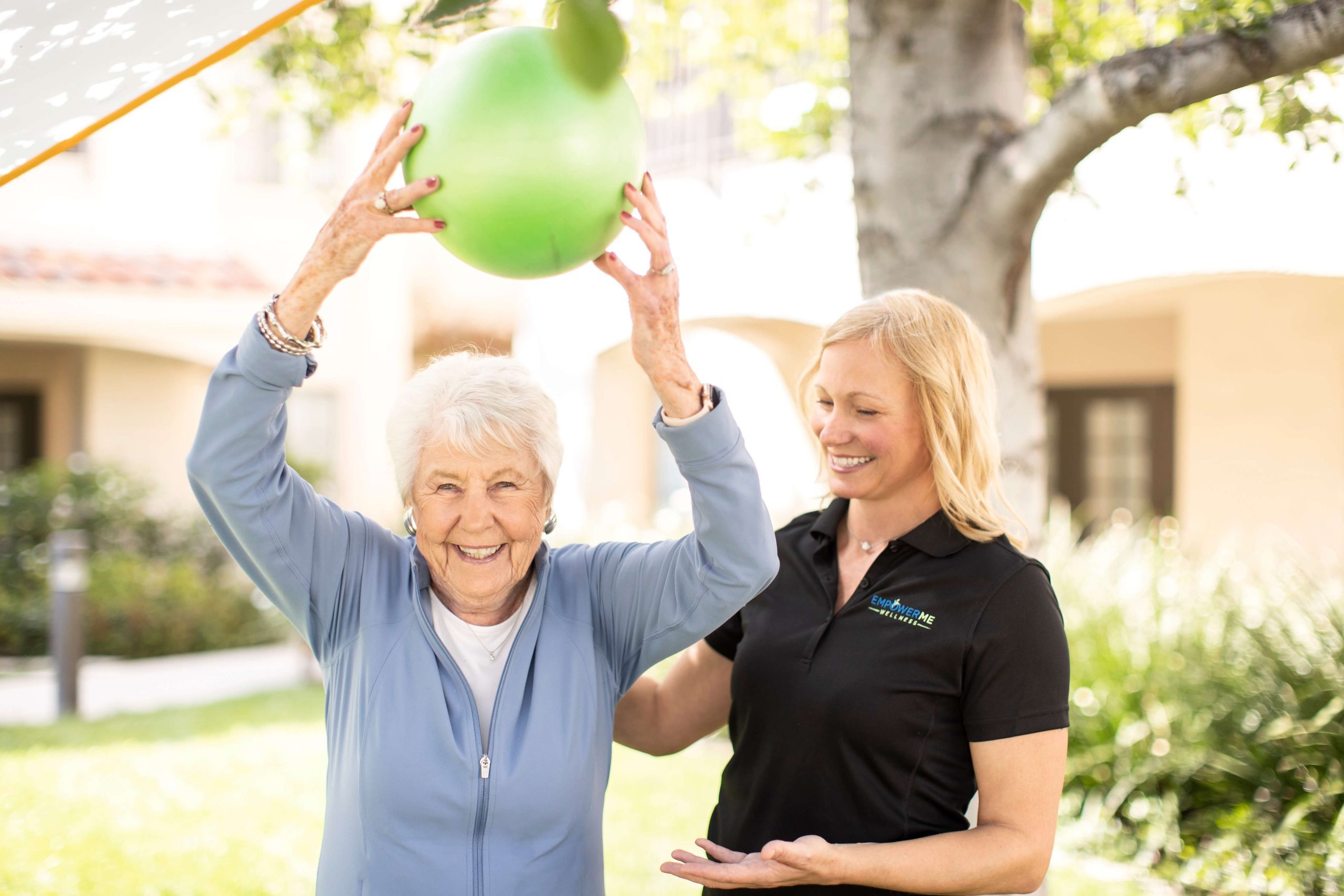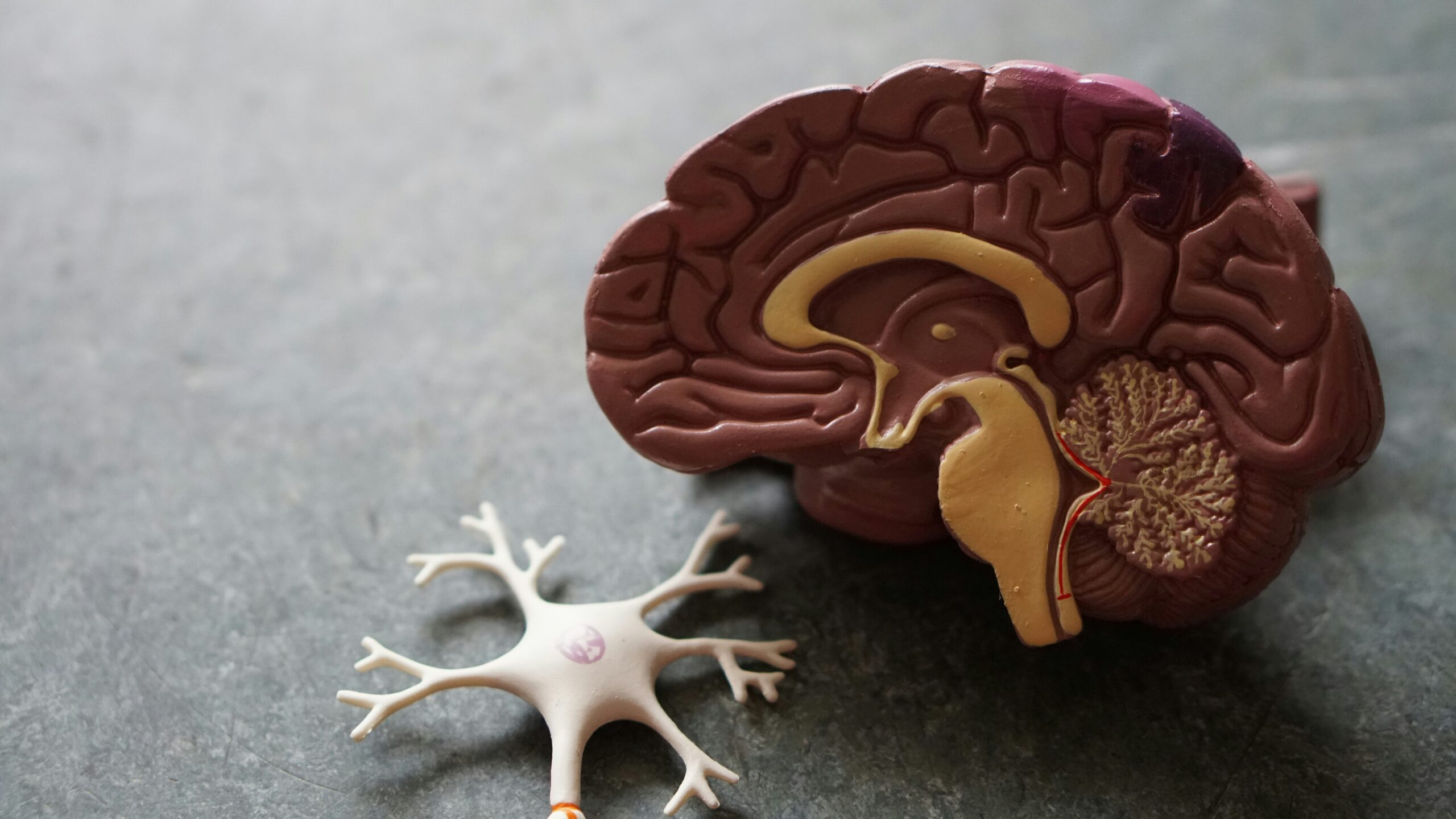Understanding Family & Caregiver Health and Stress

Helpful Tips & Resources for Family Members and Caregivers
As family dynamics change, adult children are often faced with the concern and responsibility of an aging parent. We recognize it’s not easy to balance caring for loved ones, raising your own children or grandchildren, and planning for your own retirement. To help navigate your role as caregiver to aging parents and loved ones, here are a few ideas and resources.
How to Help a Parent Choose a Retirement Community
- Talk with your parent(s) about their preferences regarding retirement community options and the lifestyle they’d most enjoy.
- Tour senior living retirement communities and speak with a Senior Living Specialist together to fully understand all options, amenities, and programs available.
- Address possible needs that may affect their choices, such as continuum of care facilities, on-site health care professionals, 24-hour emergency services, etc.
- Complete a “Compare the Value” worksheet to make sure a retirement community makes financial sense.
RESOURCES FOR CAREGIVERS
Eldercare.gov – Caring for an Aging Loved One
Caregiverslibrary.org – Checklists and Forms
Dementia Care – Its Impact on the Family
As America’s population grows in size and age, we are becoming increasingly aware of the effects of aging on our minds and bodies. Those of us in the “sandwich generation,” the first of the Baby Boomers — who are old enough to be grandparents, yet young enough to still have living parents — know all too well, the effect of aging and its impact on the family. In many cases, the demands of caring for a loved one with progressive dementia or Alzheimer’s disease become overwhelming.
Caregivers can become physically and emotionally drained and may feel very much alone. These symptoms often lead to high stress and eventual burnout or other serious health issues. A caregiver entrenched in the strain of providing daily care 24 hours a day does not always realize that day-to-day pressures may affect their own health and well-being as well as impact the lives of those around them.
Signs of Caregiver Stress
In many cases, the demands of caring for a loved one with progressive dementia or Alzheimer’s disease become overwhelming. Caregivers can become physically and emotionally drained and may feel very much alone. These symptoms often lead to high stress and eventual burnout or other serious health issues.
A caregiver entrenched in the strain of providing daily care 24- hours a day does not always realize that day-to-day pressures may affect their own health and well-being as well as impact the lives of those around them.
Coping mechanisms among caregivers are individual. However, there are common traits among caregivers that may indicate burnout. These include:
- Denial
- Exhaustion
- Anger
- Sleeplessness
- Social Withdrawal
- Irritability
- Anxiety
- Lack of Concentration
- Depression
- Health Problems
When it’s Time to Seek Help
A caregiver’s individual coping skills and the overall safety of a person with Alzheimer’s disease or other dementia is paramount in determining how well and how long a caregiver can continue to provide 24-hour care without additional help. Although families and friends may pitch in from time to time as the disease progresses, professional help is frequently required.
Here are a few questions caregivers should honestly ask themselves.
- Are my expectations unrealistic?
- Do I overestimate my abilities?
- Would help relieve any of the above symptoms I’m feeling?
- Are there potential health or safety consequences if I continue alone?
If the answer is yes to any one question above, now is the right time to reach out and connect with someone well-experienced in dementia care. There are a number of qualified senior living communities dedicated to Alzheimer’s and dementia care. These professional facilities can provide needed resources and support to those inquiring about the disease and various options for the caregiver. Caregivers seeking new care solutions for their loved one will find solace in well-trained and experienced staff members who are able to respond to the myriad of issues often experienced by family members with dementia-related concerns.
Innovative Approaches to Care
Caregivers will find a variety of local care options for loved ones. Typically good dementia care incorporates an assessment of a person’s abilities, strategies for addressing behavioral and communication changes, appropriate staffing patterns, care planning and provision, and an assisted living or nursing home environment that cultivates community.
When evaluating the range of existing offerings, ask about new care models that may combine a therapeutically designed living environment with a person-centered approach. This innovative model may appeal to those whose family member or friend values individuality and autonomy within secure and structured surroundings.
Additionally, it’s important to look for trained and caring staff who provide physical care and clinical services with an emphasis on social and emotional support for their residents and families at all stages, including end-of-life care.
A number of qualified communities have created home-like environments that offer the positive attributes often associated with home while allowing for a diverse set of daily activities and life celebrations that families and residents may enjoy together. From educational fireside chats to Alzheimer’s Support Groups, a host of senior living communities today have embraced the community at large in providing expanded opportunities for residents, families, and neighbors.
While weighing retirement lifestyle alternatives for loved ones, it may be helpful for caregivers to find a local support group. Coping tips, a list of community resources, and a confidential forum for discussion may be enormously encouraging to the caregiver. Identifying the best care possible for your loved one as quickly as possible will ensure that the entire family
remains whole, healthy, and happy.




